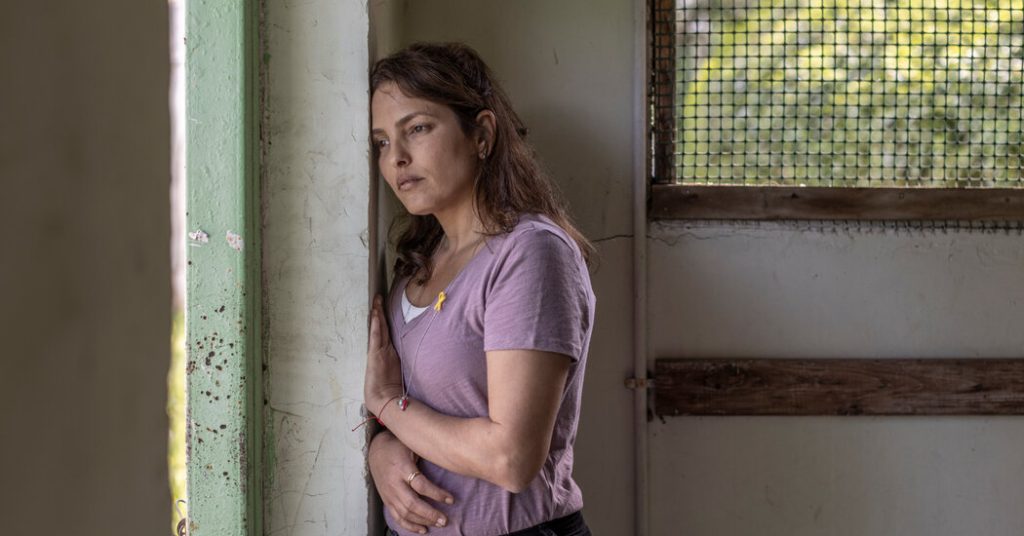Amit Soussana, an Israeli lawyer, was abducted from her home, beaten, and dragged into Gaza by at least 10 armed men. During her 55-day captivity, she was subjected to sexual assault and violence. She was held alone in a child’s bedroom, chained by her ankle. She was repeatedly asked about her sex life and period by her guard. On one occasion, the guard, Muhammad, assaulted her at gunpoint in the bathroom, forcing her to commit a sexual act on him. Ms. Soussana is the first Israeli to speak publicly about being sexually assaulted during captivity in Gaza.
Hamas and its supporters have denied allegations of sexual abuse during the captivity of hostages following the October 7 attack. However, a United Nations report acknowledged the possibility of sexual violence occurring during the raid. After being released in late November along with other hostages, Ms. Soussana initially spoke vaguely about her captivity to avoid jeopardizing her release. She decided to share her story now to raise awareness about the hostages still in Gaza as cease-fire negotiations are ongoing.
During her captivity, Ms. Soussana endured sexual assault, beatings, and confinement in various locations in Gaza, including private homes and tunnels. She was separated from other hostages and was subjected to interrogation and threats of violence. She described the horrific conditions she endured and the trauma she experienced during her ordeal. Her consistent accounts of what happened to her have been confirmed by medical, social, and legal professionals who have interacted with her.
Despite the denial by Hamas officials, Ms. Soussana’s detailed account of her mistreatment during captivity sheds light on the atrocities committed during the raid on southern Israel. Her testimony provides insight into the suffering experienced by hostages held by the group. Her resilience and courage in speaking out about her ordeal serve to bring attention to the plight of those who remain captive in Gaza. The complexities of the situation underscore the ongoing challenges of conflict and violence in the region.
The abuse and violence Ms. Soussana endured while in captivity highlight the urgent need for accountability and justice for victims of such crimes. Her decision to speak publically about her experience serves as a powerful call to action to address human rights violations and ensure the safety and wellbeing of individuals affected by conflict. By sharing her story, she amplifies the voices of those who have suffered and advocates for a greater awareness of the impact of violence and abuse on victims and communities.
Despite the challenges and trauma she faced, Ms. Soussana’s resilience and determination to speak out send a clear message of hope and strength. Her bravery in sharing her story serves as a reminder of the importance of standing up against human rights abuses and seeking justice for victims. As efforts to negotiate a cease-fire continue, her testimony sheds light on the urgent need to address the ongoing conflict in the region and prioritize the protection and well-being of individuals affected by violence and captivity.


